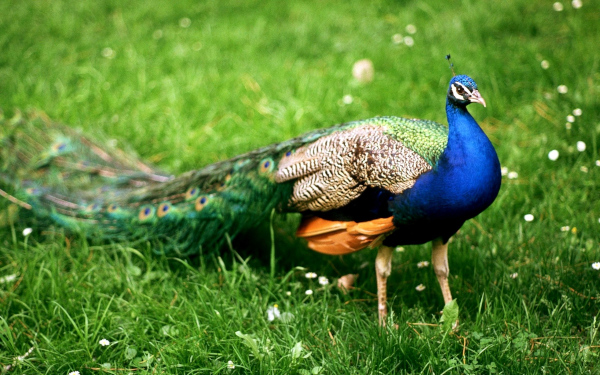India is one of the better-performing countries in the global Animal Protection Index 2020, created by international animal welfare charity, World Animal Protection.
The Animal Protection Index (API) aims to showcase where countries are doing well, and where they fall short on animal welfare policy and legislation, so they can take steps to improve.
The index ranks countries from A (being the highest score) to G (being the weakest score) according to their policy and legislation.
India has attained a C ranking in the index, along with countries like New Zealand, Mexico, France, and Spain.
However, there is room for improvement in many domains related to animal welfare. For instance, animals used in scientific research are exempt from cruelty considerations in the Prevention of Animal Cruelty Act 1960.
Furthermore, there is a lack of regulations regarding the rearing of farm animals, notably with unregulated urban dairy systems developing quickly with very poor welfare standards.
“India has strong laws on the protection of animals; however, the welfare of dairy animals is yet to part of any such law. Cows are considered to be sacred in India but millions of cows and buffaloes continue to suffer in cruel conditions every day in dairies within our cities. This index is a good reminder of the work that still needs to done to protect every animal”, said Gajender K Sharma, Country Director, World Animal Protection, India.
New research reveals poor animal welfare practices, in the trade and farming of wild animals and livestock, which provides the perfect breeding ground for viruses to mutate and spread. If animal welfare laws aren’t improved, we face the risk of disease outbreaks becoming more frequent. This is just one of the ways that governments are failing to protect animals and people, says the report.
World Animal Protection assessed the animal welfare policies and legislation of 50 countries and clearly identified a worrying lack of adequate animal welfare laws. It is pushing for urgent improvements.
The index will help countries to put in place good animal welfare practices such as keeping animals clean, healthy and with sufficient space to exhibit natural behaviours.
“Good animal welfare practices for domesticated animals can help prevent disease, by keeping animals clean, healthy, and providing sufficient space for them to exhibit natural behaviour. Ending the commercial trade in wild animals, that have been taken from their natural habitats or intensively bred in captivity, will reduce the serious human health hazards associated with moving stressed, sick and injured wildlife through international trade routes”, said Kelly Dent, Global Director of External Engagement at World Animal Protection.
Sweden, the United Kingdom, and Austria are rated with the highest scores, which is encouraging. More countries need to follow their lead and World Animal Protection is calling on all governments to immediately improve their animal welfare standards, not only for the benefit of animals but also to reduce the risk to public health.
World Animal Protection last year launched a 60-second film to highlight the many ways that we are failing to protect animals, asking the question: does the life of an animal mean nothing at all? A question, we need to ask the governments which currently lack the most basic animal welfare policies.
This story is provided by NewsVoir. ANI will not be responsible in any way for the content of this article.
Source: BS
Image Courtesy: Wallup
You may also like
-
Navigating India’s Skill Landscape
-
Trade Connect E-platform For Exports Is Single Window, Fast, Accessible And Transformational: Shri Piyush Goyal
-
India-us Working Together In Areas Like Critical Minerals, Supply Chains And Advanced Technologies: Shri Piyush Goyal
-
Cabinet Approves Health Coverage to All Senior Citizens of the Age 70 Years and Above Irrespective of Income
-
Cabinet Approves PM Electric Drive Revolution in Innovative Vehicle Enhancement (PM E-DRIVE) Scheme With An Outlay of ₹.10,900 Crore
